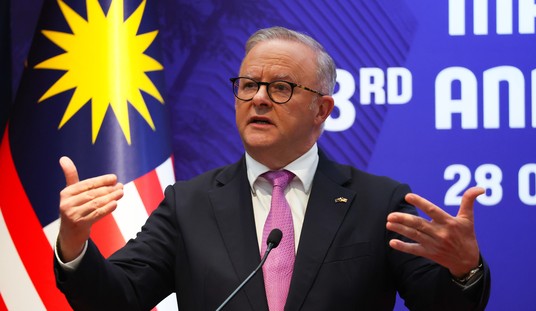“This August, Al Qaeda will mark its twentieth anniversary. That is a long life for a terrorist group. Most terror organizations disappear with the death of their charismatic leader, and it would be hard to imagine Al Qaeda remaining a coherent entity without Osama bin Laden. The Red Army Faction went out of business when the Berlin Wall came down and it lost its sanctuary in East Germany. The Irish Republican Army, unusually, endured for nearly a century, until economic conditions in Ireland significantly improved, and the leaders were pressured by their own members to reach a political accommodation. When one looks for hopeful parallels for the end of Al Qaeda, it is discouraging to realize that its leadership is intact, its sanctuaries are unthreatened, and the social conditions that gave rise to the movement are largely unchanged. On the other hand, Al Qaeda has nothing to show for its efforts except blood and grief. The organization was constructed from rotten intellectual bits and pieces—false readings of religion and history—cleverly and deviously fitted together to give the appearance of reason. Even if Fadl’s rhetoric strikes some readers as questionable, Al Qaeda’s sophistry is rudely displayed for everyone to see. Although it will likely continue as a terrorist group, who could still take it seriously as a philosophy?”
*
“[E]ncoded in the DNA of apocalyptic jihadist groups like Al Qaeda are the seeds of their own long-term destruction: Their victims are often Muslim civilians; they don’t offer a positive vision of the future (but rather the prospect of Taliban-style regimes from Morocco to Indonesia); they keep expanding their list of enemies, including any Muslim who doesn’t precisely share their world view; and they seem incapable of becoming politically successful movements because their ideology prevents them from making the real-world compromises that would allow them to engage in genuine politics.
Which means that the repudiation of Al Qaeda’s leaders by its former religious, military, and political guides will help hasten the implosion of the jihadist terrorist movement. As Churchill remarked after the battle of El Alamein in 1942, which he saw as turning the tide in World War II, ‘[T]his is not the end. It is not even the beginning of the end. But it is, perhaps, the end of the beginning.'”
*
“Al Qaeda web sites are making a lot of noise about ‘why we lost in Iraq.’“








Join the conversation as a VIP Member